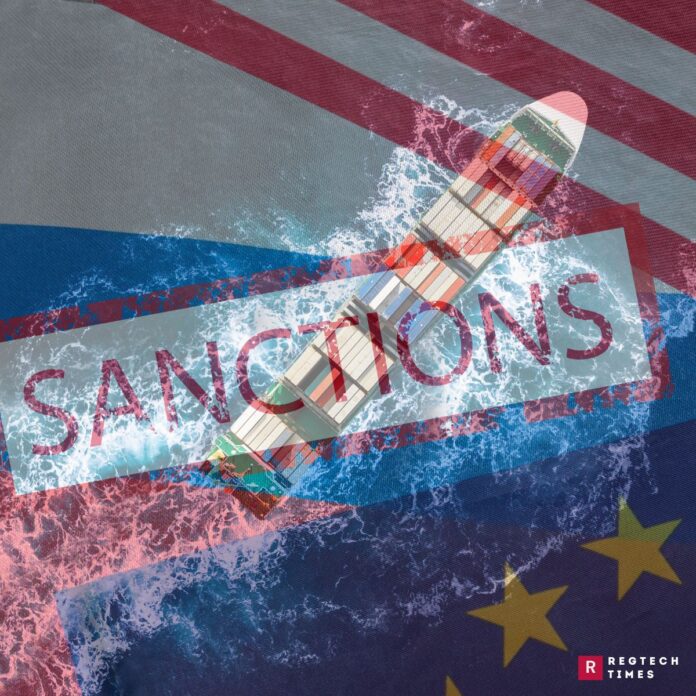The detention of the Atlantic Navigator II at the port of Rostock, Germany, has prompted a flurry of inquiries and conjectures in the complex world of international trade and maritime operations. Under the Marshall Islands flag and overseen by the Canada-based CISN, the cargo ship has become entangled in accusations of violating sanctions, further complicating an already complicated issue.
Suspicions Arise in Rostock
After the Atlantic Navigator II made an unexpected halt at the port of Rostock, German authorities began a comprehensive investigation. German customs halted the ship as it was leaving Russia on the grounds that it might have been carrying goods that violated sanctions. Prosecutors have expressed concerns about compliance with foreign trade legislation regarding 251 containers of birch wood that are on board and are subject to EU sanctions against Russia.
Allegations of enriched uranium
The current situation is becoming more intriguing as there are claims that the cargo of the vessel contains enriched uranium. The addition of enriched uranium, which is free from US and EU restrictions and is headed for the US, has sparked controversy and increased investigation. Significant concerns concerning regulatory monitoring and security standards are brought up by the possible consequences of shipping such goods, even though the specifics of the shipment are still being investigated.
Legal Proceedings and Maritime Operations
The legal issues involved in maritime operations have come to light with the detention of the Atlantic Navigator II. The German authorities are actively looking into claims that the captain and crew of the ship violated penalties. Stakeholders in the marine sector are keeping a careful eye on developments as the investigations go, considering the possible effects on trade routes and regulatory structures.
Cooperation Amidst Uncertainty
The ship’s management company, CISN, has stressed its cooperation with German authorities despite the uncertainties surrounding the vessel’s detention. Declaring that it will make sure all regulations are followed, CISN is working to find a quick solution so the Atlantic Navigator II may get back to its scheduled itinerary of visiting American ports. The case’s complexities, however, highlight the difficulties in negotiating international trade laws and sanctions policies.
Port Authority Vigilance
The port authorities at Rostock are essential in implementing customs laws and carrying out inspections to maintain compliance with the sanctions imposed on Russia. The arrest of the Atlantic Navigator II emphasizes how crucial port monitoring is to preventing any violations of international trade regulations. Authorities continue to investigate the circumstances surrounding the ship’s port call in Rostock, and the port is at the forefront of efforts to uphold integrity and transparency in maritime commerce.
The detention of the Atlantic Navigator II serves as a stark reminder of the complexities and challenges inherent in international trade and maritime operations. The case highlights the necessity of increased monitoring, coordination, and adherence to regulatory frameworks throughout the global marine industry as German prosecutors investigate claims of sanctions breaches. In the end, how this nautical enigma is solved will influence not only the ship’s destiny but also more general discussions concerning security, compliance, and the changing nature of global trade.


